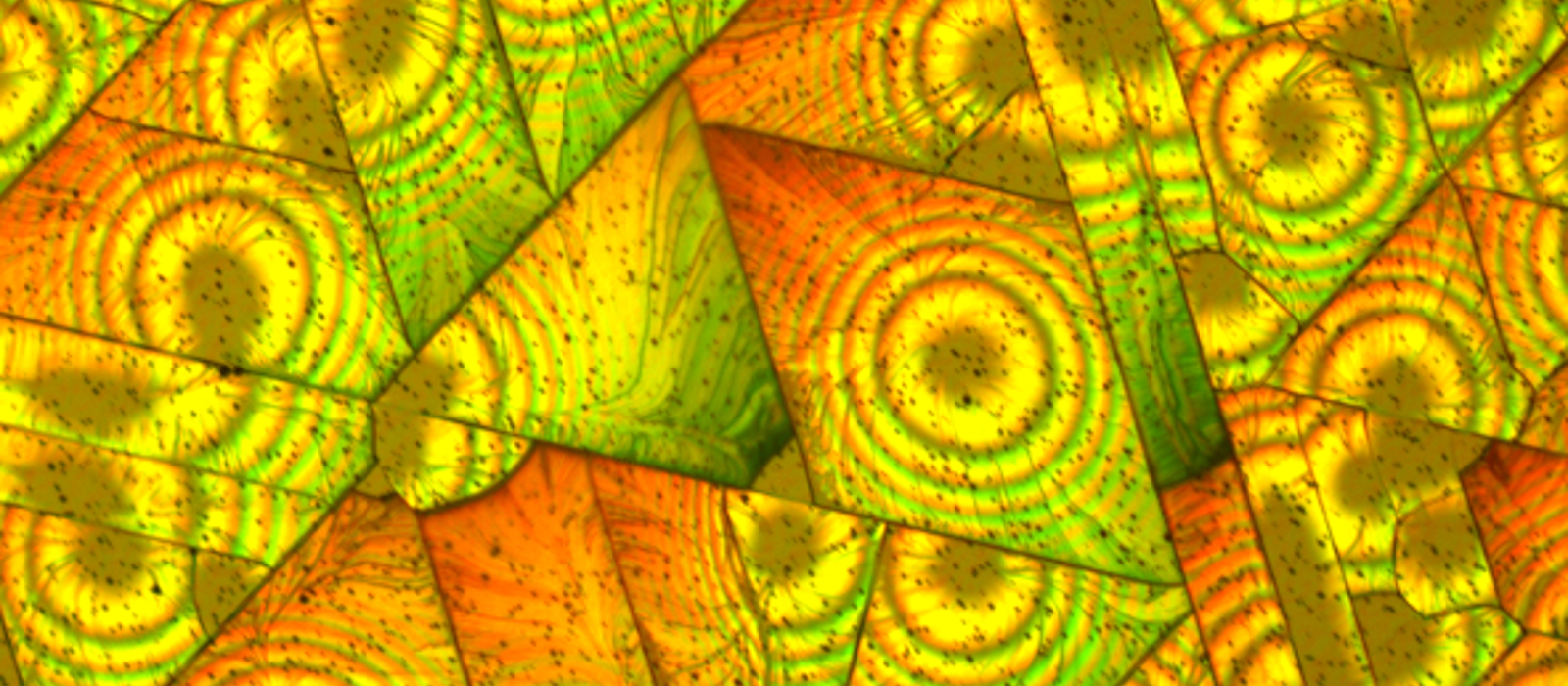Syllabus
Title
Introduction to Inorganic and Bioinorganic Chemistry
Course Description
The basic concepts of inorganic chemistry, including the origins of elemental properties, simple theories of bonding, intermolecular forces, main group and transition metal chemistry, coordination chemistry. Inorganic ions in biochemistry, including ion transport and storage, oxygen carriers and hydrolases, redox proteins.
Prerequisite
CHEM 1000
Preclusion
CHEM 3506
Lectures
Monday and Wednesday 8:35 – 9:55 am, Tory Building 447
Tutorial
Thursday 10:35 – 11:35, Azrieli Theatre 102 (run by Eden)
Exams
In-Term: Wednesday, February 15, 8:35 – 9:55, Tory Building 447
Final: Tuesday, April 25, 9:00 am – 12:00 pm, location TBD
Grading Scheme
The course is split up as follows:
- Assignments 20%
- In-term exam 30%
- Final exam 50%
Text
Gary L. Miessler, Paul J. Fischer, Donald A. Tarr, Inorganic Chemistry, 5th edition, Pearson, ISBN: 978-0321812001
COVID Accommodations
You may have already noticed the pandemic which is affecting our school year.
If you have an issue or need accommodation, please ask. I won’t need a reason or documentation. I’d prefer to know ahead of time (with respect to deadlines and exams), but this isn’t always reasonable or possible.
Please just talk to me about what is going on, and together we will find a solution.
Topics
- Atomic Properties
- atomic orbitals
- The periodic table, electronic configurations
- Elemental properties of electron affinity, ionization energy, atomic radius
- Inert pair effect
- Hard and soft atoms and polarizability
- Calculations of effective nuclear charge
- Molecular Properties
- bonding models:
- Lewis Dot Structure analysis
- Valence Shell Electron Pair Repulsion theory
- Valence Bond theory
- Molecular Orbital theory
- ionic and covalent bonding
- electronegativity, resonance structures, and intermolecular forces
- calculations of formal charge
- intermolecular forces in biological macromolecules (DNA, protein).
- bonding models:
- Sustainability and Elements (Hiring Lectures)
- chemistry of selected elements: lithium, indium, cobalt, and thorium
- comparisons between elements based on sustainability, environmental impact, and supply chain
- Considerations of the UN definition of sustainability
- Transition Metals and Compounds
- transition metals, ligands, nature of the metal-ligand bond
isomerism - crystal field theory
- spectroscopy and magnetism
- nomenclature
- coordination numbers and structures\
- transition metals, ligands, nature of the metal-ligand bond
- Bioinorganic Chemistry
- transport and storage of metal ions: ionophores and siderophores, transferrin and ferritin, oxygen carriers and hydrolases: hemoglobin, myoglobin, hemocyanin, and hemerythrin; carboxypeptidase and alkaline and purple acid phosphatases
- redox chemistry of electron transfer proteins and oxidoreductase proteins: hemes, copper proteins, flavins, cobalamins, cytochrome c oxidase, photosynthesis, nitrogenase, cytochrome P450,
- metals in medicine, therapeutic compounds, and diagnostic compounds.
Survivors of Sexual Violence
As a community, Carleton University is committed to maintaining a positive learning, working and living environment where sexual violence will not be tolerated and is survivors are supported through academic accommodations as per Carleton’s Sexual Violence Policy. For more information about the services available at the university and to obtain information about sexual violence and/or support, visit: carleton.ca/sexual-violence-support
Requests for Academic Accommodation
You may need special arrangements to meet your academic obligations during the term. Please contact your instructor with any requests for academic accommodation (pregnancy, religion, disability, etc.) during the first two weeks of class, or as soon as possible after the need for accommodation is known to exist.
For an accommodation request, the processes can be found here:
carleton.ca/equity/wp-content/uploads/Student-Guide-to-Academic-Accommodation.pdf
Academic Accommodations for Students with Disabilities
If you have a documented disability requiring academic accommodations in this course, please contact the Paul Menton Centre for Students with Disabilities (PMC) at 613-520-6608 or pmc@carleton.ca for a formal evaluation or contact your PMC coordinator to send your instructor your Letter of Accommodation at the beginning of the term. You must also contact the PMC no later than two weeks before the first in-class scheduled test or exam requiring accommodation (if applicable). After requesting an accommodation from PMC, meet with your instructor as soon as possible to ensure accommodation arrangements are made. carleton.ca/pmc
Accommodation for Student Activities
Carleton University recognizes the substantial benefits, both to the individual student and for the university, that result from a student participating in activities beyond the classroom experience. Reasonable accommodation must be provided to students who compete or perform at the national or international level. Please contact your instructor with any requests for academic accommodation during the first two weeks of class, or as soon as possible after the need for accommodation is known to exist. https://carleton.ca/senate/wp-content/uploads/Accommodation-for-Student-Activities-1.pdf
For more information on academic accommodation, please contact the departmental administrator or visit: students.carleton.ca/course-outline
Caveat
Obviously, I reserve the right to make adjustments or changes throughout the semester. Remember that you are responsible to learn about these changes, which will be posted on this website.
